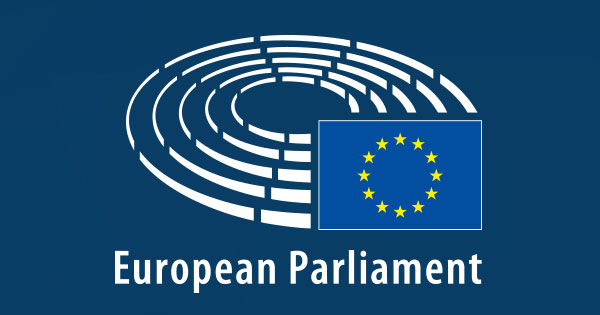The draft regulation would put in place a framework to analyze the usage of forced labour in firms’ provide chains. Whether it is confirmed that an organization has used forced labour, all import and export of the associated items could be halted on the EU’s borders and firms would additionally should withdraw items which have already reached the EU market. These would then be donated, recycled or destroyed.
Reversal of burden of proof in high-risk instances
MEPs amended the Commission proposal to process the Fee with creating an inventory of geographical areas and financial sectors at excessive danger of utilizing forced labour. For items produced in these high-risk areas, the authorities would now not have to show that individuals have been forced to work, because the burden of proof would fall on firms.
Remediation and wider definitions
The committees additionally need items which have been faraway from the market to be allowed again on solely after the corporate demonstrates it has stopped utilizing forced labour in its operations or provide chain and remedied any related instances.
MEPs have additionally up to date and widened the definitions used within the textual content. Notably, the definition of forced labour could be aligned to ILO standards and embody “all work or service which is exacted from any particular person below the menace of any penalty and for which the mentioned particular person has not supplied himself or herself voluntarily”.
Quotes
Co-rapporteur Samira Rafaela (Renew, NL) mentioned: “Forced labour is a grave human rights violation. The ban that now we have voted for at present shall be important in blocking products made utilizing trendy slavery and taking away the financial incentive for firms to have interaction in forced labour. It would defend whistle-blowers, present treatment to victims, and defend our companies and SMEs from unethical competitors. Our textual content consists of sturdy provisions on a database and is gender-responsive, all key components for sustained affect.”
After the vote, co-rapporteur Maria-Manuel Leitão-Marques (S&D, PT) mentioned: “27.6 million staff worldwide endure from forced labour, a form of trendy slavery – we should always dedicate this victory to them. We have now ensured that products made with forced labour are banned from the interior market till staff are compensated for the hurt finished to them. Banning forced labour additionally protects firms who comply with the principles from unfair competitors. Lastly, we make it simpler to show state-imposed forced labour.”
Press convention
On Tuesday at 14.30 CEST, the co-rapporteurs will maintain a press convention in Strasbourg on the adopted place. You may watch it here. Journalists wishing to ask questions remotely can connect here.
Subsequent steps
The 2 committees adopted the draft report with 66 votes for, 0 in opposition to and 10 abstentions. Plenary will now have to substantiate it because the EP’s negotiating mandate after which, as soon as Council additionally adopts its place, talks can begin over the ultimate form of the regulation.
Background
Parliament can also be working on different items of laws selling respectable work and accountable enterprise, such because the proposal on the directive on Corporate Sustainability Due Diligence, at present being negotiated. The proposal on banning products made with forced labour particularly focuses on product surveillance.
